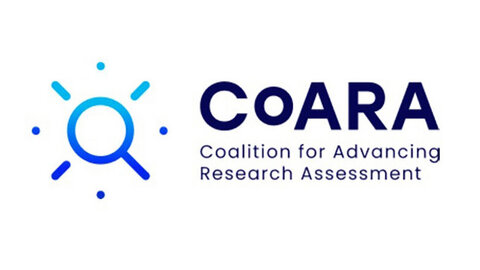New Horizons for Research: The Importance of Transdisciplinary Approaches

Involving non-academic participants and organizations in research projects to help face social challenges: Transdisciplinary research is a transformative approach that thrives on cooperation and networking between the individuals involved. This type of research can be an important tool for tackling the global challenges and problems of our time. Researchers from a wide range of disciplines work together with non-academic stakeholders to find solutions. Regardless of the topic and context, the aim is for researchers to improve people's lives by working together with them side by side.
In the "UNDISCIPLINED" project coordinated by the London-based Research on Research Institute, experts from all over Europe took an in-depth look at transdisciplinary research, reviewed successful funding practices, and drew conclusions for the further development of transdisciplinary approaches. The experts took a close look at how research funding agencies define transdisciplinary projects, what facets of meaning these definitions encompass, and what can be learned from the different approaches when comparing different funding programs.
The study also features a number of in-depth case studies, focusing on seven calls for proposals in six programs of RoRI partners (the FWF, the Dutch Research Council, the Volkswagen Foundation, the Swiss National Science Foundation, the King Baudouin Foundation, and the Social Sciences and Humanities Research Council of Canada), including, for example, the FWF programs #ConnectingMinds and Emerging Fields.
Key findings and recommendations
The study identified three key aspects for defining transdisciplinary research: academic/non-academic partnerships, values (e.g., solving global challenges), and research results that affect society. The results emphasize the crucial role of research funding agencies in supporting transdisciplinary projects. Practical recommendations include giving partnerships time to develop, providing start-up funding for the initial phase, and offering applicants consulting services and training.
The #ConnectingMinds program’s step-by-step structure is one way to implement these recommendations. Stage 1 provides funding for a workshop where project participants and practitioners can further develop the project idea and the planned research process for their #ConnectingMinds project. Stage 2 is the #ConnectingMinds project itself. In addition, the FWF will be offering training on transdisciplinary research as part of the next #ConnectingMinds call. Effective communication between funding institutions, researchers, and the people who will be using the knowledge generated is important to clearly define roles and responsibilities and to achieve more comprehensive program goals.
A further working paper entitled "Peer Review in Funding Organizations: An Analytical Literature Review" (RoRI Working Paper No.11) was published in September 2024. This paper should help develop a systematic understanding of the objectives and characteristics of peer review in various fields. It also looks at possible synergies between the areas requiring peer review, as well as potential next steps for future research.
Events and training courses on transdisciplinary research
A talk on the results of the project will be presented at the ITD24 conference, the International Transdisciplinarity Conference, from November 4 to 8, 2024 at the University of Utrecht, Netherlands. The FWF is offering both an in-person training session on November 11, 2024, and a virtual session on November 12, 2024, for researchers with an interest in and/or experience in transdisciplinary research. Both sessions will be taught by experts on the topic of transdisciplinarity from ISOE - Institute for Social-Ecological Research. The program of the REvaluation Conference, scheduled for December 4 to 6 in Vienna, includes a panel discussion on “Funding Transdisciplinarity.”





